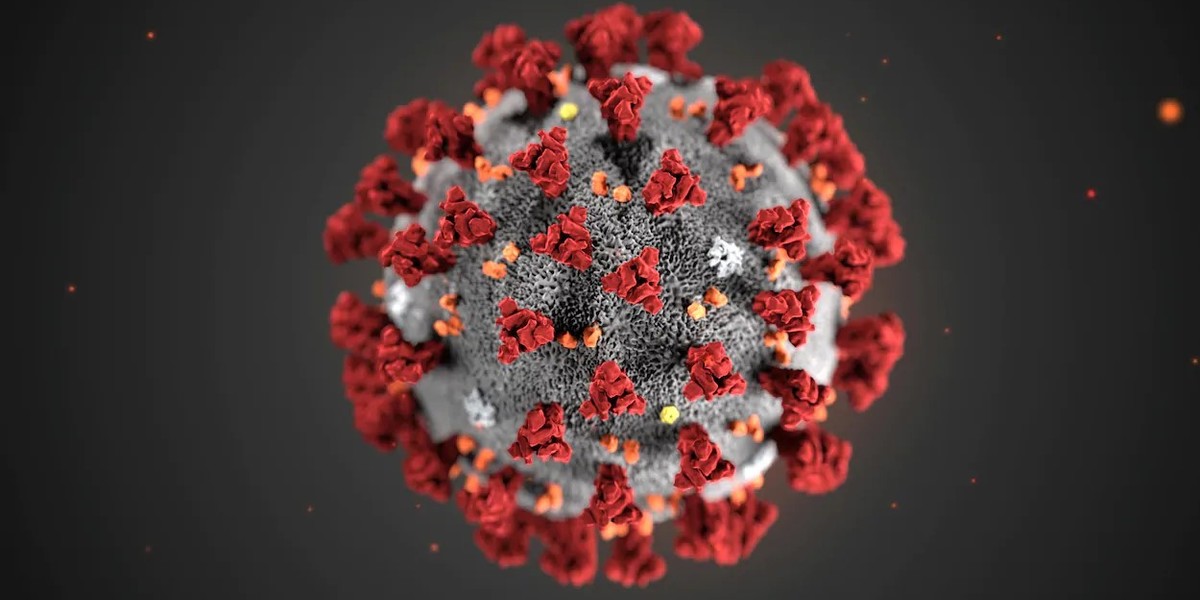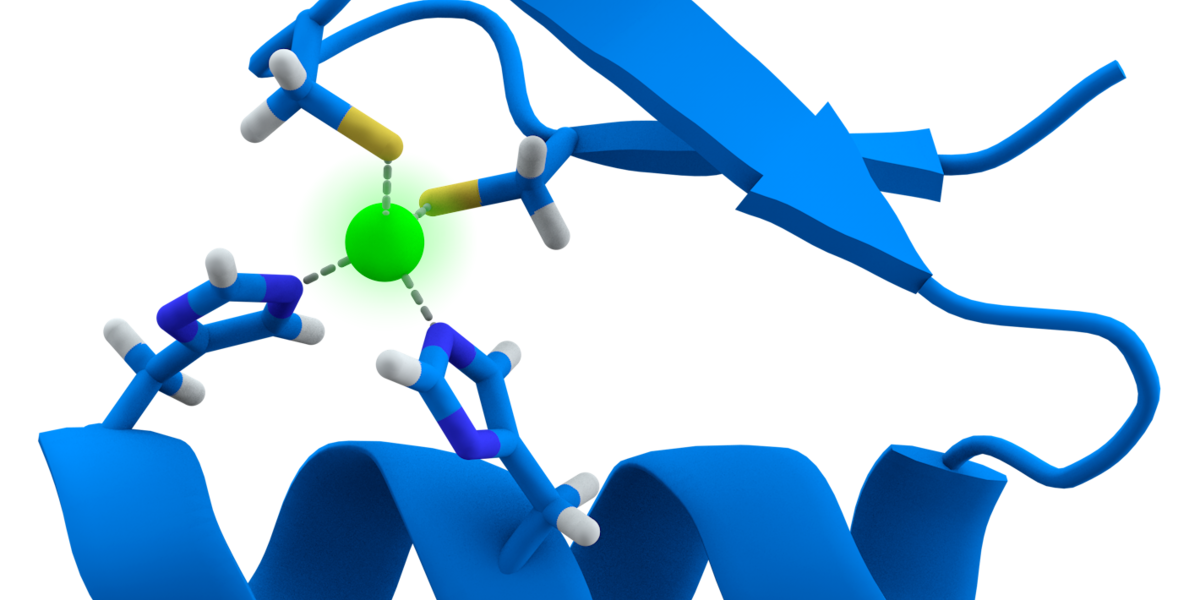
The SIGNAL study did not meet its key clinical goals for #HuntingtonsDisease to slow or improve HD symptoms, but the results are still informative for the HD community and other fields.

CAG repeats expand in some parts of the body and brain as people with HD get older, a phenomenon known as somatic instability. Learn more about how researchers are exploring somatic instability and DNA repair to design therapies for HD.

We know that HD-related changes can occur many years before symptom onset, but how early do those changes begin? A team of researchers set out to determine that with a new comprehensive study in pre-manifest HD young adults.

A collaborative team of scientists from Canada and Japan have identified a small molecule which can change the CAG-repeat length in different lab models of Huntington's disease. #HuntingtonsDisease #DrugDiscovery

COVID-19 update: what does it mean for HD families, how does it impact HD research, and how has it changed the way science works?

HDBuzz reports from the annual Huntington’s disease therapeutics conference in Palm Springs

Wave Life Sciences announces that its antisense drug WVE-120102 has lowered mutant huntingtin protein in cerebrospinal fluid, but investors seem disappointed. Rather confusing – what do we know for sure?

Researchers got surprisingly lucky when looking for drug molecules to pull mutant huntingtin protein into a cellular garbage disposal machine

Exciting new Huntingtin Lowering work from @SangamoTx and @CHDIfoundation using "Zinc Fingers" to shut down expression of the mutant Huntingtin gene. More details on this exciting new technique here.